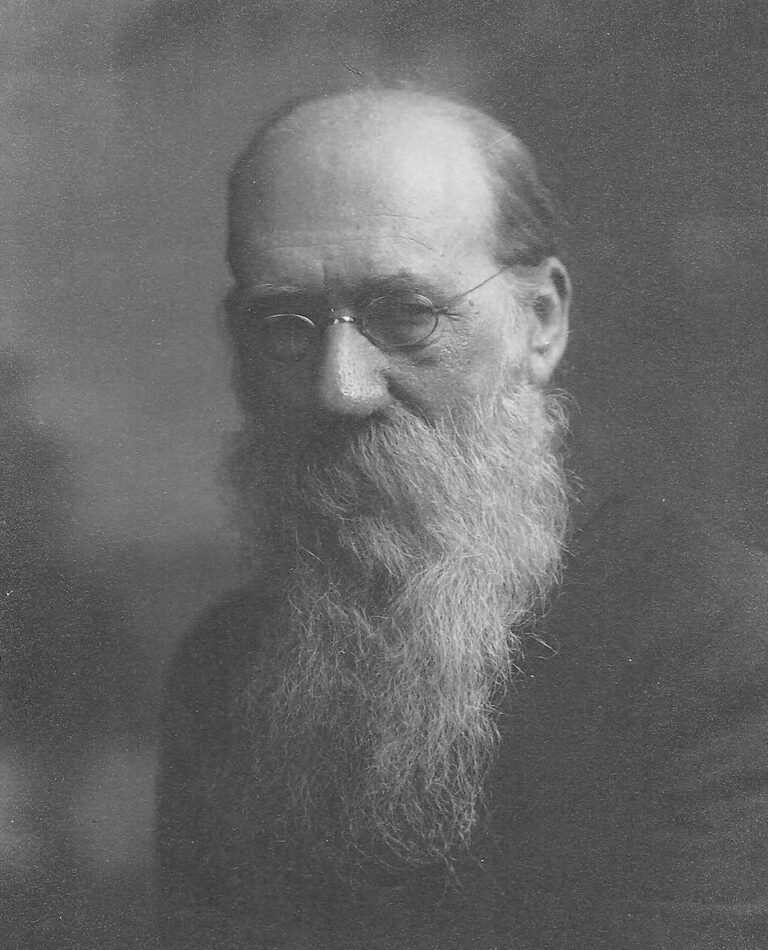By Judy Clabes
NKyTribune editor
A petition committee of five Covington residents have notified the Kenton County Clerk of its intention to get enough signatures on a petition for a November referendum to institute a Mayor-Council form of government in the city.
The petition specifically seeks to place the following proposal on the ballot: Are you in favor of the City of Covington adopting a Mayor-Council Plan as defined by KRS § 83A.130?
Richard Dickmann, owner of Smoke Justus, and a leader behind the Covington Forward Committee, said, “This change is far from radical. If successful, the City of Covington will join the majority of Kentucky’s cities who overwhelmingly use the Mayor-Council plan.
“In fact, the City of Covington is the only city in Kenton County currently using the antiquated City Manager plan.”
The petition committee consists of Dickmann, Daphne Jones Conde, Jerry Avery, Michael Beeby, and Robin Williams.
Other influential citizens and public servants have endorsed the effort.
They include former Mayor Denny Bowman, former Mayor Chuck Scheper, former City Commissioner Steve Frank, former City Commissioner Shawn Masters, former City Commissioner Steve Casper, former City Commissioner Alex Edmondson, former City Commissioner Rob Sanders, and former City Manager Loren Wolff.
Current Covington Mayor Joseph Meyer strongly supports the initiative.
He feels “that it is essential that we keep moving Covington forward. By adopting the Mayor-Council plan, Covington’s government will be more efficient and accountable to the city’s residents.”
Meyer makes the point that elected officials — the mayor and the commissioners — who have to answer to the voters should have the responsibility for running the city. This, he says, results in more accountability as well.
Speaking recently to a business group in Latonia, Mayor Meyer said, “The government needs a clear and simple chain of command.”
He expressed frustration with the City’s current City-Manager form of government, saying it has created “confusion, uncertainty, and delayed decision-making” in which nobody is really “the boss.”
“I have had one city manager say, ‘I’ve got five bosses,’ — so who do I listen to?'” Meyer said.
The city manager is the “chief administrative officer” and not the executive officer. The process for getting things done becomes cumbersome, inefficient, and duplicative, according to Meyer.
An example he gives: The City Commission, in its legislative capacity, approves the budget and then, in its executive capacity, approves the implementation of the budget. Every major contract, every major personnel decision (and every minor one), grant applications, program implementation are made by the commission. The process can delay decisions by weeks and add up to thousands of hours of staff time. This is time, Meyer says, that could be better spent serving the public.
Covington is a large, complex city with a $150MM budget.
“A city manager does not guarantee good government,” Meyer told his audience, “and is far less accountable to the public than an elected mayor.”
Another benefit to the proposed change is that the commission would add two people, giving citizens more representation. It could address public policy issues, have oversight authority of the executive, have final say on the budget, and could remove a mayor as part of the system of checks and balances.
Meyer has already announced his intention to step aside, so he has no stake in the outcome of the change to a Mayor-Council form of government. No stake, but “good government.”
“I truly believe it is in the city’s best interest to make the change,” he said.
If the referendum is on the ballot and is approved, the changes won’t go into effect until January 1, 2027, giving a two-year transition to prepare for change.
See the Covington Forward website here. There, you can sign up to volunteer, for a yard sign, or to be added to the group’s mailing list.
The committee is in the process of getting the necessary 3000-plus signatures of registered voters to qualify to put the question on the November general election ballot for Covington. You must be a registered voter in Covington for your signature to count.
Three models of city governance
The Kentucky League of Cities explains that city governments in Kentucky operate under one of three models: mayor-council, commission, or city manager. The mayor-council form is the most prevalent.
The mayor-council plan operates much like any executive-legislative form of government. The council, as the legislative body, performs legislative duties such as enacting ordinances, levying taxes, and adopting a budget. The mayor holds executive powers such as vetoing legislation, overseeing personnel, and managing the daily affairs of the city. The mayor may also vote to break most ties in council meetings. Around 53% of Kentucky cities use this form, and all have between six and 12 council members.
• Cities that have a commission form of government still elect a mayor, but the mayor serves, participates, and votes as a member of the city commission. Each city under a commission form of government elects four commissioners (instead of council members) and one mayor, all of whom constitute the city commission. The commission collectively holds both executive and legislative authority. Around 42% of cities operate under the commission model.
• The city manager form of government largely resembles the commission plan because the city elects four commissioners and a mayor to serve on the board of commissioners. The board of commissioners appoints a city manager who acts as the chief administrative officer for the city. This individual is a professional employed by the city to run the government’s operational affairs on a day-to-day basis. Only about 5% of Kentucky cities use a city manager plan.




















